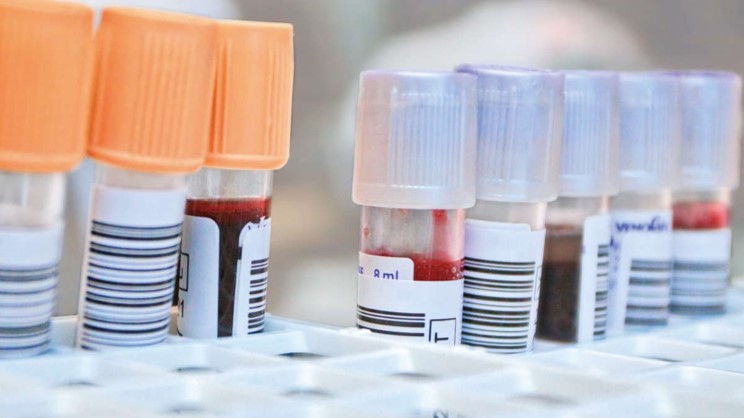


















Next-generation sequencing (NGS) has transformed the field of oncology. Early successes in identifying and targeting oncogenic drivers of solid tumors have set the foundation for genomics guided precision medicine; but, for hematological malignancies, the path to precision medicine is a lot more complex.
Within the hematologic oncology space, there is a spectrum of biologically related, but clinically heterogeneous diseases. In part, the differences between patients are driven by the particular combination of genetic mutations each disease acquires during its evolution. To effectively treat and manage myeloid malignancies, hematologist oncologists need highly parallel, highly sensitive assays that (1) enable the simultaneous analysis of multiple genes and (2) are coupled with indication-specific bioinformatic pipelines that provide information on disease classification, prognostication, treatment selection, and monitoring.
In this application note, we discuss the importance of streamlined clinical NGS workflows within the hematologic-oncology space. Learn how to develop a robust, automated, and streamlined NGS analysis pipeline for the interpretation and reporting of genomic alterations associated with hematological malignancies.